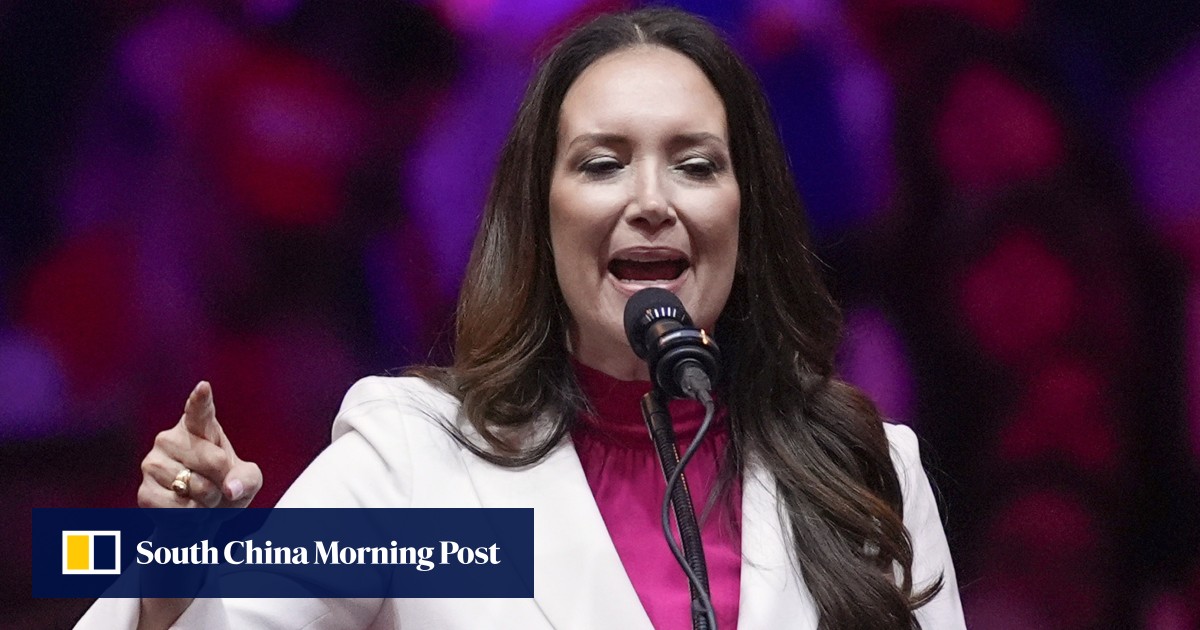Bussiness
Trump 2.0: Impact on US markets, inflation, bond yields and US Fed’s monetary policy – Investing Abroad News

As Donald Trump returns to power, global markets are eagerly watching his second term as President of the United States. Some of his policies may be perceived as pro-market, while others may lead to a spike in inflation. Trump’s economic policies, particularly tax cuts and tariffs, could significantly impact the stock market and U.S. Federal Reserve monetary policy.
Stefan Hofer, managing director and chief investment strategist at LGT Bank Asia in an interview with Financial Express Online shares his view on the potential impact of Trump’s victory on US markets and the way forward for the US Federal Reserve.
What impact would Trump’s victory have on US markets?
Trump campaigned on a pro-growth, tax cut and deregulation economic platform, so if investors take this at face value, then we will likely see a boost to the economy, strong job demand, capex investment and higher aggregate demand.
At some stage, possibly as soon as the second half of 2025, these policies may cause US inflation to creep higher again. One potential offset could be potentially lower gasoline prices, as Trump has promised to allow for more energy (fossil fuel) supplies. In general, we see this policy mix as boosting equities, but higher deficits may cause US government bond yields to climb.
Which sectors/industries in the US are likely to benefit from Trump’s victory, and which will not?
We expect that a steepening yield curve and an overall strong economy will favour Financials, especially banks in the US. Separately, the risk of anti-trust legislation is arguably lower under a Republican White House and Congress, so the mega-cap Technology names may emerge as national champions, with the US authorities promoting Tech’s interests in the global race for AI dominance. We also think that US small and mid-cap stocks stand to benefit under a deregulation platform.
Will there be any impact on US Fed monetary policy? Will the Fed continue with rate cuts?
The area of monetary policy is perhaps the most contentious. This is because the White House will want to see interest rates decline further, whereas the US Federal Reserve must (legally) also keep an eye on inflation. While it is too soon to make a definitive forecast, the US rates may stagnate in the second half of 2025 as rising CPI halts the interest rate-cutting cycle. If this is the case, we anticipate tensions between the White Hours and the Fed but do not think this will see the early departure of Fed Chair Powell.
What should Indian investors looking to invest in US markets do now after a change in presidency?
Investors should seek out markets or sectors that demonstrate resilient earnings growth and rising dividend payments or share buybacks. We think the superior earnings growth of US companies can continue under Trump’s second term, as tax cuts are being mulled and deregulation enables economic activity. The complication of a stalling Fed due to inflation pressures, later on, may fuel higher market volatility, particularly in the bond markets amid rising yields.












